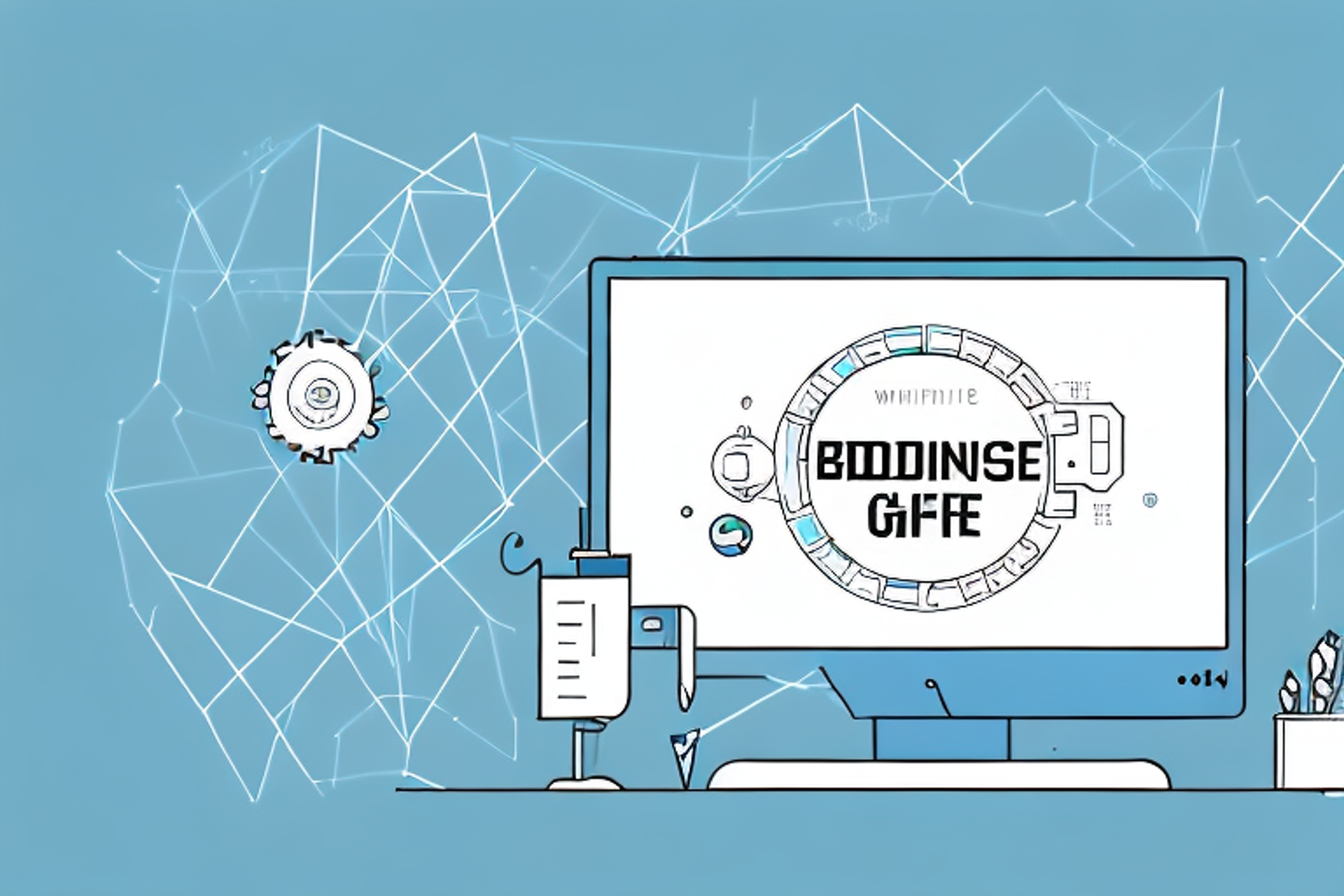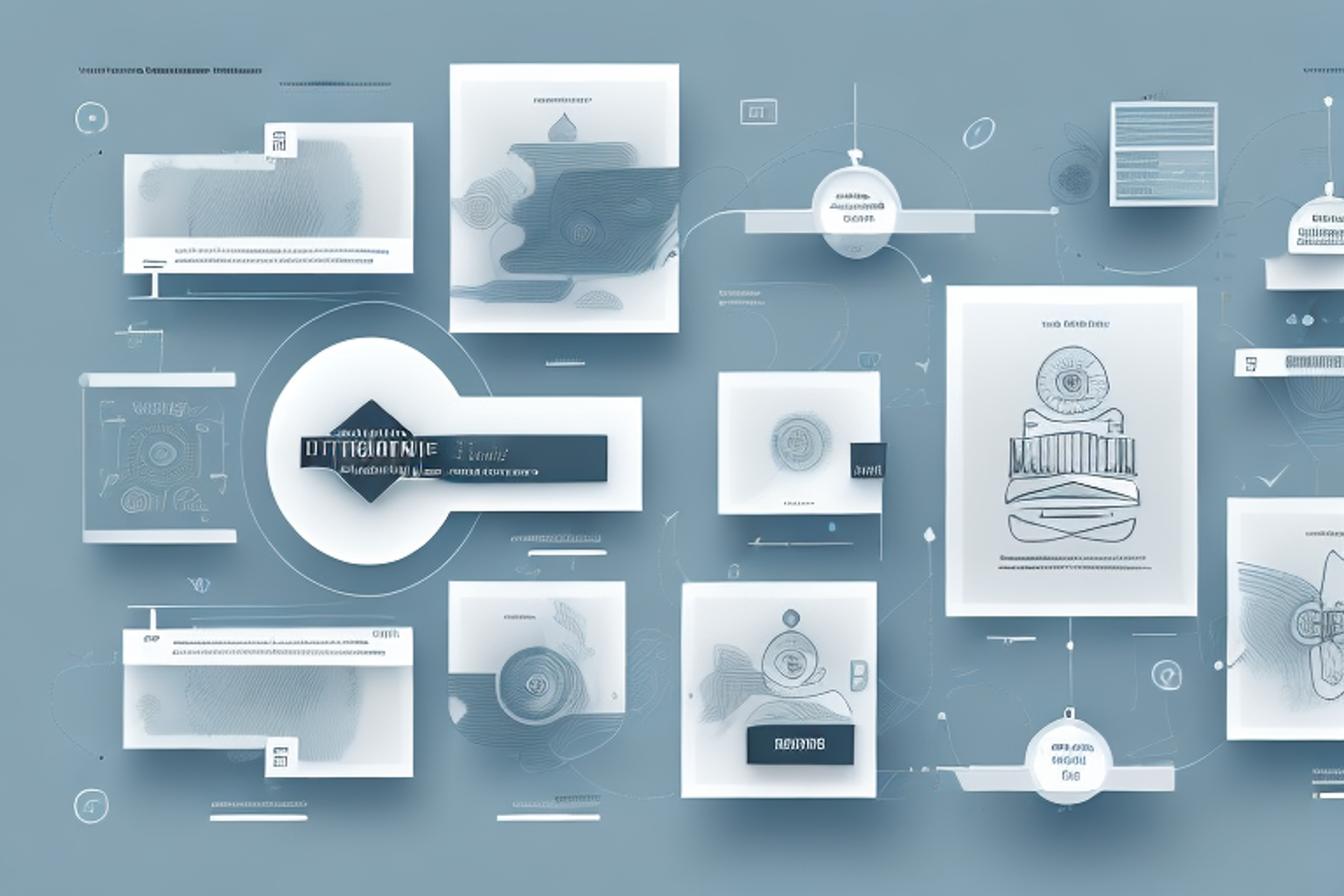How to Become a Full Stack Software Engineer
Learn the essential skills and steps to become a full stack software engineer with our comprehensive guide.
Posted April 10, 2025

Table of Contents
Are you interested in becoming a full stack software engineer? In this comprehensive guide, we'll cover everything you need to know about this exciting and fast-growing field. From defining what a full stack software engineer is, to outlining key skills and education requirements, to discussing career growth opportunities, we've got you covered.
What is a Full Stack Software Engineer?
A full stack software engineer is a jack of all trades, responsible for designing and developing software applications from end to end. This means that they must be comfortable working on both the front-end user interface (UI) and the back-end server-side components. As the name suggests, a full stack software engineer is proficient in all levels of software development, from writing HTML and CSS to designing databases and APIs.
In addition to their technical skills, a full stack software engineer must also possess strong problem-solving and communication skills. They must be able to work collaboratively with other developers, designers, and stakeholders to ensure that the software application meets the needs of the end-users.
Furthermore, a full stack software engineer must stay up-to-date with the latest technologies and industry trends. They must be willing to continuously learn and adapt to new tools and techniques to remain competitive in the job market.
The Benefits of Being a Full Stack Software Engineer
One of the biggest benefits of being a full stack software engineer is the versatility it offers. Because you have expertise in all parts of the software development process, you can easily move from one project to another without getting pigeonholed. This flexibility also means that you can switch between front-end and back-end work as needed.
In addition to versatility, full stack software engineers often have more job opportunities available to them. Many companies prefer to hire someone who is proficient in multiple areas of development, rather than hiring two separate developers to work on the same project.
Another advantage of being a full stack software engineer is that you have a better understanding of the entire software development process. This means that you can communicate more effectively with other team members, such as designers, project managers, and other developers. You can also identify potential issues earlier in the development process, which can save time and resources in the long run.
Furthermore, full stack software engineers are often able to create more efficient and streamlined applications. Because they have a deep understanding of both front-end and back-end development, they can create applications that are optimized for performance and user experience. This can lead to higher user satisfaction and better business outcomes.
Skills Required to Become a Full Stack Software Engineer
Becoming a successful full stack software engineer requires a variety of technical and soft skills. Some of the key technical skills include:
- Proficiency in front-end technologies such as HTML, CSS, and Javascript
- Experience with back-end languages such as Ruby, Java, or Python
- Knowledge of database design and development
- Familiarity with various APIs and how to use them
- Experience with software testing and debugging
Soft skills are also important for full stack software engineers, including:
- Critical thinking and problem-solving abilities
- Excellent communication skills, both verbal and written
- Strong attention to detail
- Ability to work independently and as part of a team
- Continuous learning and adaptability
In addition to technical and soft skills, full stack software engineers should also have a good understanding of project management methodologies. This includes knowledge of agile development, scrum, and other project management frameworks. Being able to manage projects effectively is crucial for delivering high-quality software products on time and within budget.
Another important skill for full stack software engineers is the ability to collaborate with other team members, including designers, developers, and project managers. This requires strong interpersonal skills, the ability to give and receive feedback, and a willingness to work together to achieve common goals. Collaboration is essential for creating successful software products that meet the needs of users and stakeholders.
Steps to Becoming a Full Stack Software Engineer
If you're interested in becoming a full stack software engineer, here are some steps to take:
- Earn a bachelor's degree in computer science, software engineering, or a related field
- Learn the basics of front-end development (HTML, CSS, Javascript)
- Gain experience in back-end programming languages (Ruby, Python, Java)
- Develop knowledge of database design and development
- Build a portfolio of projects that demonstrate your skills
- Participate in hackathons or coding competitions to gain experience
- Stay up-to-date with new technologies and trends in software development
It's important to note that becoming a full stack software engineer is not just about technical skills. Soft skills such as communication, teamwork, and problem-solving are also crucial. As a full stack software engineer, you will often work with cross-functional teams and need to be able to effectively communicate technical concepts to non-technical stakeholders. Additionally, being able to think critically and creatively to solve complex problems is essential in this field.
Education and Training for Full Stack Software Engineers
While you don't necessarily need a formal education to become a full stack software engineer, many employers prefer candidates with a bachelor's degree in computer science, software engineering, or a related field. Some universities and coding bootcamps also offer specialized programs in full stack development, which can be helpful for gaining hands-on experience and building a portfolio.
Finding the Right Job as a Full Stack Software Engineer
Once you have the necessary skills and education, it's time to start looking for a job as a full stack software engineer. There are plenty of online job boards and recruiting websites that specialize in tech jobs. You can also browse company websites directly or attend networking events to meet potential employers. When applying for jobs, make sure to tailor your resume and cover letter to each position you apply for, highlighting relevant experience and skills.
Building Your Portfolio as a Full Stack Software Engineer
A strong portfolio is essential for landing a job as a full stack software engineer. Make sure to include a range of projects that demonstrate your technical skills as well as your creative problem-solving abilities. You can also showcase your soft skills by including examples of how you worked collaboratively with others or how you approached a particularly challenging project.
Networking Tips for Full Stack Software Engineers
Networking is a key component of any job search, and full stack software engineering is no exception. Attend industry events, join online communities related to software development, and connect with other professionals in your field. You can also reach out to alumni from your university or coding bootcamp to see if they have any job leads or advice.
Career Growth Opportunities for Full Stack Software Engineers
Full stack software engineering is a fast-growing field with plenty of opportunities for career advancement. Some potential career paths for full stack software engineers include becoming a lead developer or project manager, specializing in a specific technology or programming language, or starting your own software development company.
Common Challenges Faced by Full Stack Software Engineers and How to Overcome Them
One of the biggest challenges faced by full stack software engineers is keeping up with the latest technologies and trends. Continuous learning is essential in this field, which means you'll need to make time for professional development and staying up-to-date with new tools and techniques. Another challenge is balancing front-end and back-end work, especially if you have a preference for one or the other. To overcome this, try to balance your workload between the two, and seek out projects that allow you to exercise both skillsets.
Future Trends in the Field of Full Stack Development
The future looks bright for full stack software engineers, with new technologies and trends constantly emerging. Some of the key areas to watch include artificial intelligence and machine learning, virtual and augmented reality, and the increasing focus on mobile development.
Salary Expectations for Full Stack Software Engineers
Salaries for full stack software engineers vary widely based on location, experience, and the company you work for. According to Glassdoor, the average salary for a full stack software engineer in the United States is $90,000 per year.
The Importance of Continuous Learning in the Field of Full Stack Development
As mentioned earlier, continuous learning is essential for success as a full stack software engineer. Keep up-to-date with the latest technologies and trends, attend industry events and conferences, and take advantage of online resources such as coding tutorials and webinars. In addition to helping you stay current, continuous learning can also open up new career opportunities and help you become a more well-rounded developer.
Wrap Up: Tips for Succeeding as a Full Stack Software Engineer
Becoming a full stack software engineer takes time and dedication, but the rewards are well worth it. Here are some key tips for success:
- Develop a strong foundation in both front-end and back-end development
- Stay up-to-date with new technologies and trends
- Build a portfolio of projects that demonstrate your skills
- Network with other professionals in your field
- Focus on continuous learning and professional development
Follow these tips, and you'll be on your way to a successful career as a full stack software engineer.











